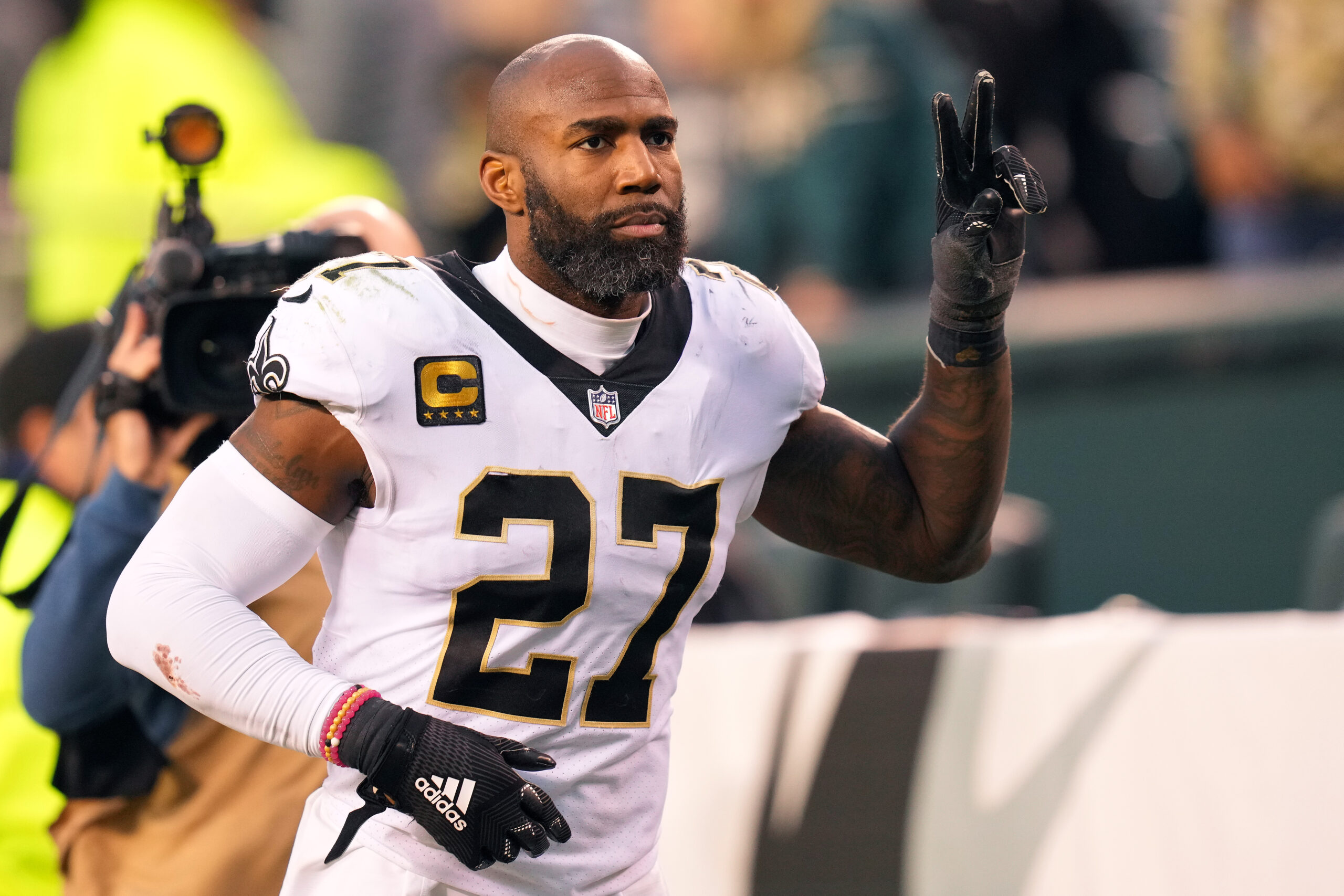The NFL Players Coalition leaders Doug Baldwin, Anquan Boldin, Malcolm Jenkins and Benjamin Watson collaborated to pen a New York Times op-ed piece calling on the President of the United States to address the systematic racism that is symptomatic of a biased criminal justice system. Included therein was a list of people who they say had been unfairly treated by that system and therefore should be pardoned.
They’re also among several like-minded NFL players who posted videos to social media imploring Donald Trump to act by changing policies that have led to long sentences for nonviolent drug offenders.
The players, perhaps playing to Trump’s ginormous ego, credited the president for commuting the life sentence of 63-year-old Alice Marie Johnson, a nonviolent drug offender who had served more than 20 years in prison, at the urging of Kim Kardashian West.
Malcolm Jenkins on Twitter
https://t.co/3E9xdFRq4O
“There are a lot of people out there like Ms. Johnson that should be pardoned that don’t know a celebrity or an NFL player,” Boldin said in his video.
“A handful of pardons will not address the sort of systemic injustice that N.F.L. players have been protesting,” the NYT letter read. “These are problems that our government has created, many of which occur at the local level. If President Trump thinks he can end these injustices if we deliver him a few names, he hasn’t been listening to us.”
“As Americans, it is our constitutional right to question injustices when they occur, and we see them daily: police brutality, unnecessary incarceration, excessive criminal sentencing, residential segregation and educational inequality. The United States effectively uses prison to treat addiction, and you could argue it is also our largest mental-health provider. Law enforcement has a responsibility to serve its communities, yet this responsibility has too often not met basic standards of accountability.
“These injustices are so widespread as to seem practically written into our nation’s DNA. We must challenge these norms, investigate the reasons for their pervasiveness and fight with all we have to change them. That is what we, as football players, are trying to do with our activism.”
Chris Long on Twitter
@realDonaldTrump because you asked… An op-ed from our @playercoalition and my more personal thoughts on pardoning a population, not just a few. Even if all these pardons were carried out, reform is needed. (THREAD) https://t.co/2ghzR6sJj7
Included are statistics and percentages showing how many drug-related offenders were sentenced to 20 years or more in prison.
Chris Long, a Super Bowl champion defensive end with the Philadelphia Eagles pointed out in his video plea that marijuana is now legal recreationally or medicinally in nearly 30 states, yet thousands of people remain in prison for marijuana-related offenses and that many of them should be pardoned.
“You have a lot of people in the NFL in particular … they’re not proud enough to stand for our national anthem. I don’t like that,” Trump recently said in an ongoing battle of words against NFL protesters, adding that “it’s all talk, talk, talk” from the players.
“I’m gonna ask them to recommend to me people that were unfairly treated [by the justice system], friends of theirs or people that they know about,” Trump said. “And I’m gonna take a look at those applications. And if I find — and my committee finds — that they were unfairly treated, then we will pardon them or at least let them out.”
Whether or not this overture to the president, a man who has flip-flopped and lied on a multitude of issues since winning the election, will move Trump to act, this letter shows how some NFL players will continue to push for the fair treatment of those disenfranchized via draconian, outdated laws the disproportionately affect people of color in the United States.


